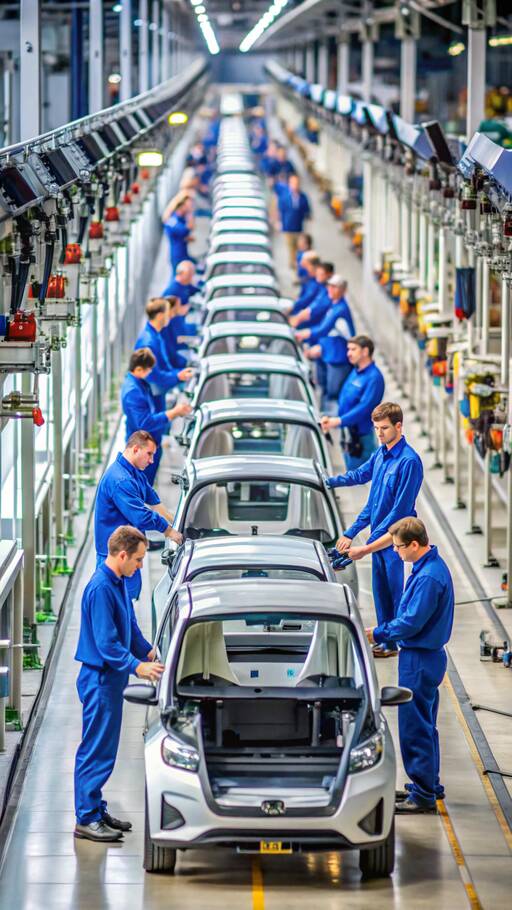
Stellantis is setting its sights on the Ellesmere Port facility as the main UK hub for light commercial vehicle (LCV) production, with a promising £50 million investment. This commitment secures the future of the Ellesmere Port plant.
However, this focus on Ellesmere Port brings uncertainty for Vauxhall’s historic Luton plant, in operation since 1905. Stellantis plans to move Luton operations to Ellesmere Port, while emphasizing its commitment to the Luton workforce. As part of this transition, relocation support and job creation at Ellesmere will be offered.
For those remaining in Luton, retraining opportunities will be available. Stellantis is collaborating with local employers and the council to assist displaced workers in finding new roles.
Earlier this year, Stellantis indicated the future direction for the Luton plant by planning to produce electric vans starting in 2025. However, recent comments from CEO Carlos Tavares suggest imminent decisions affecting both UK sites, influenced by declining demand and strict electric vehicle quotas under the ZEV mandate.
The ZEV mandate requires manufacturers to achieve 28% electric-only output by next year, rising to 80% by 2030. There are growing calls for more lenient regulations.
The £50 million investment follows a prior £100 million investment in 2021, establishing Ellesmere Port as Stellantis’s first EV-dedicated site globally.
> “The proposal, aligning with the UK’s ZEV Mandate, aims to enhance production efficiency and support Stellantis's goal to lead globally in LCV manufacturing,” the company stated.
Stellantis is placing its bets on Ellesmere Port, yet this decision casts a long shadow over Luton’s longstanding establishment. As industry dynamics and regulatory demands evolve, Stellantis's strategic realignments highlight the complex balancing act of maintaining operations while meeting emerging mandates.
Stellantis is restructuring UK operations by enhancing Ellesmere Port's capacity, placing Vauxhall's Luton plant at risk. Employee transitions and regulatory challenges are key concerns as the company navigates electric vehicle mandates.